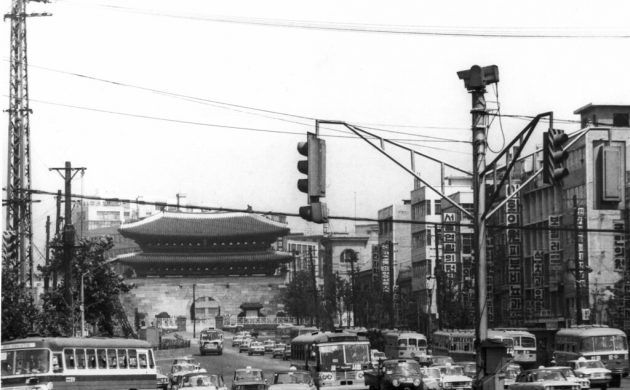Back in August, the Danish Korean Rights Group asked the South Korean government to investigate adoptions from South Korea to Denmark in the 1970s and 1980s because they found incorrect information about the adoptions.
The group contended that the adoption process was corrupt and that some children were wrongly registered as orphans.
Now the Truth and Reconciliation Commission (TRC) in Seoul has agreed to investigate – initially 34 cases will be looked into, of which 20 involved adoptions to Denmark.
“We did it! We have a commission investigation! … This is a historic event and historic for adoptees around the world … In the coming days, adoptees from the TRC case will be contacted by the commission’s investigators,” said lawyer Peter Møller, the co-head of the Danish Korean Rights Group.
“Today I am incredibly proud to be adopted from South Korea! I am proud that so many of you have dared to join this cause.”
Horrific accounts
Møller went on to say that adoption bureaus and orphanages in Korea had not shied away from grotesque practices in order to make money on adoptions.
He said that some children were stolen from markets, while others were temporarily placed in orphanages where the biological parents were wrongly informed their children had died.
Møller and his group have collected cases from all over the world and are up to over 300 cases now.
It is the largest investigation into the adoption process ever conducted in South Korea, according to the Associated Press.
Denmark has been among the biggest destinations in Europe for South Korean children, receiving about 9,000 adoptees – mostly between the 1960s and the late 1980s.
Read more about the Danish Korean Rights Group here (in Danish).















